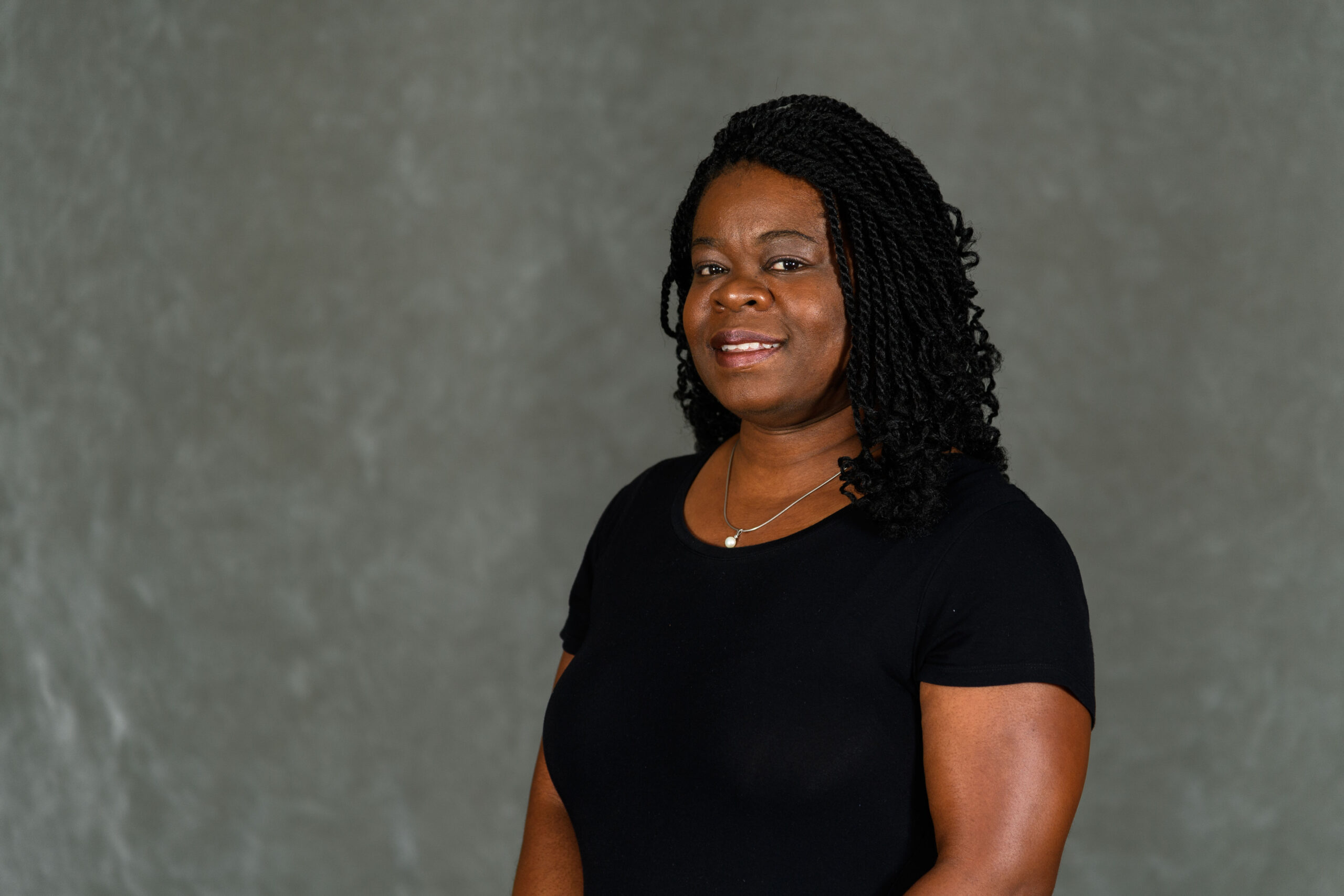Professor Discusses Importance of Equitable Education in of Wake Pandemic
COVID-19 has made apparent many inequities of our society, not the least of which being education. Sabrina Wesley-Nero, Ph.D., (SFS ‘95), director of the undergraduate program in Education, Inquiry, and Justice (EDIJ) and co-creator and faculty lead of the graduate program Educational Transformation (EDTR), describes the importance of learning from this moment to create a more just society through equal educational opportunities.
“Education shapes how we view ourselves, others and the world as well as the past and present, which in turn determines how we engage in and construct the future,” Wesley-Nero says. “It is so powerful that to keep people oppressed we have to actively work to ensure that they are not educated well. Education is liberation — it is the gateway to full, equitable, and participatory democracy. Now more than ever, we must ensure that everyone has equal educational opportunities.”
Teaching Justice
A former K-12 educator and alumna of the School of Foreign Service, Wesley-Nero returned to Georgetown in 2013 to lead EDIJ. Soon after joining the university, she co-founded the MA in Educational Transformation in the graduate school, which includes the first K-12 teacher licensure program at Georgetown.
EDIJ equips undergraduate students with the skills to think critically about how public education in the United States perpetuates inequity but can also be used as a tool for social justice. Though the undergraduate program is geared towards fostering a commitment to educational justice in all students regardless of their post-baccalaureate vocational pursuits, the graduate level program focuses on preparing future policy actors and advocates in addition to educators who are anti-racist and equity-focused to tackle questions around education.
Wesley-Nero says that she centers her teaching and content in these programs around the Jesuit value of cura personalis.
“It is a philosophy of education that develops every person’s vast talents and interests while addressing their needs based on the affirmation that each of us is equally valued,” she explains. “Educating the whole child is a commitment to an intersectional, historically contextualized view of each learner. It asserts that education can nurture the unique gifts, talents, and identities that you offer to the world and ensures that you have an equitable opportunity to leverage them according to your aspirations.”
The professor says that she emphasizes this philosophy in her curricula because standard education tends to focus on mass, generalized data to assess what an individual needs, which often ignores the beauty and complexity in diversity. Through the EDIJ and EDTR programs, Wesley-Nero hopes that her students will learn that education is not a zero-sum game.
“Equitable education that values each learner, meets their needs and equips them to fully pursue their aspirations benefits us all,” she says. “I also want my students to learn that those furthest away from opportunity must be the primary focus. If we hold firmly to the end goal and teach, advocate and design policy that connects those farthest away from opportunity to that end goal, the resulting learning experiences, community coalitions, and policies will also include everyone else along the way.”
As the pandemic continues to impact in-person learning, Wesley-Nero says that these two goals are more important for educators than ever before. A parent and academic, she has seen the impact of COVID-19 on education and access first hand and has striven to make adjustments to her curriculum that are responsive and supportive while maintaining a commitment to high-quality education.
Part of her research examines the ways families pursuing multilingual education for their children in PK-12 public schools are navigating the shifting contexts, demands and limitations that the pandemic has fostered.
She hopes that one of the outcomes of the pandemic and the research surfacing from it will be a more equitable society structured around an equal-opportunity education.
“Overall, I think the pandemic has resurfaced fundamental questions about the purpose of schools in a diverse, democratic society, unearthed persistent, wide-ranging disparities and injustices and, I hope, given everyone a motivating recognition of the vital role that educators and schools play in the lives of young people and in our country,” Wesley-Nero says.
-by Shelby Roller (G’19)
